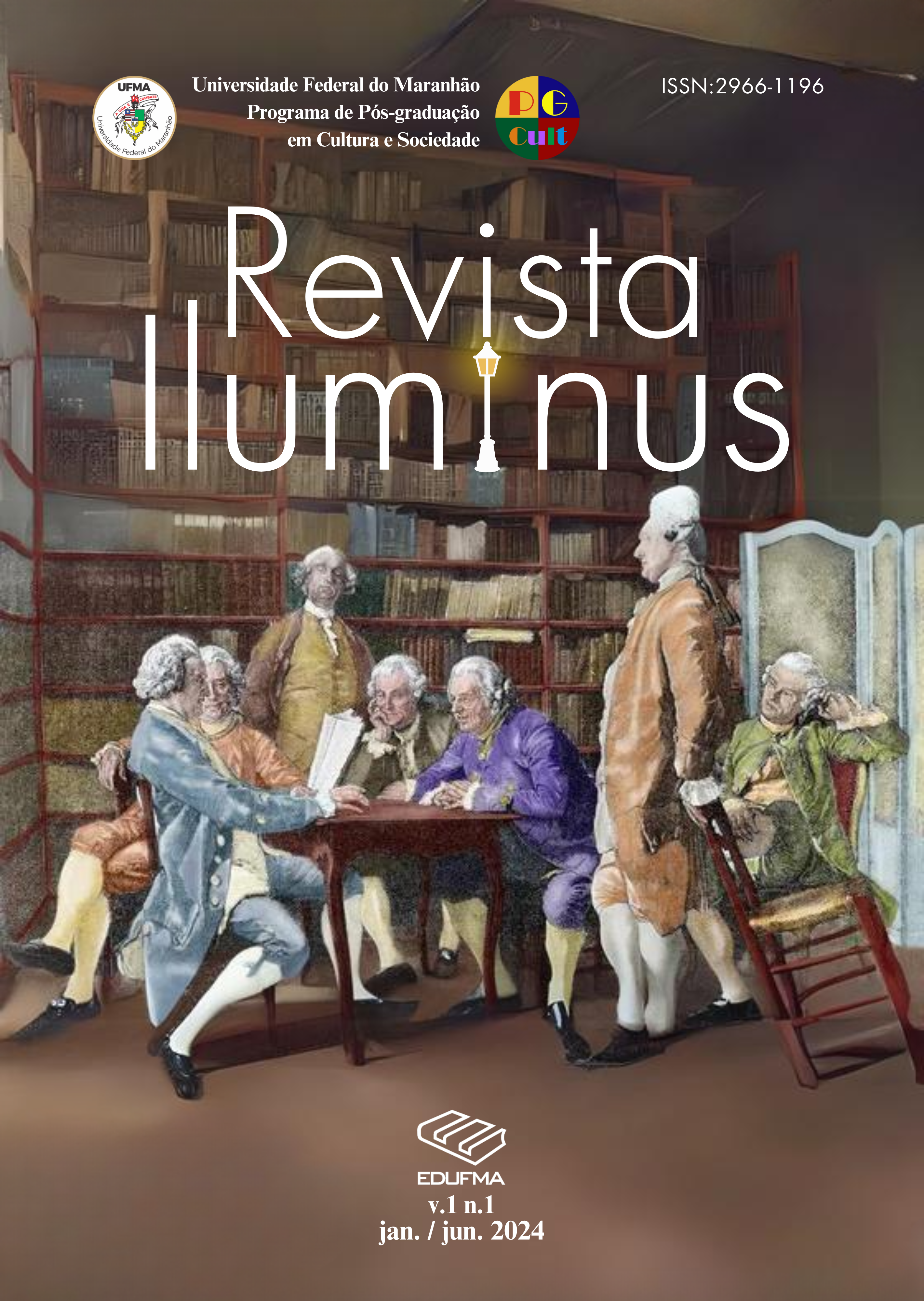Considerations about the moral psychology of Samuel Pufendorf
DOI:
https://doi.org/10.18764/2966-1196v1n1.2024.6Keywords:
Moral Psychology, Natural Law, Sociability, Moral Entity, PassionAbstract
The idea of this study is to show that Pufendorf’s perceptive reflection on the psychological and
physical capacities of human nature also matters for his description of how people adopt sociability as their moral standard in practice, not merely as important facts to be taken into account when tracking the normative content and limits of natural law norms. The central argument advanced in this article is that Pufendorf’s natural law theory includes a mechanism by which social interaction, guided by but not reducible to political governance, habituates people to internalize moral norms and to govern their passions and actions so as to maintain and cultivate sociability.
Downloads
References
AHNERT, Thomas. Religion and the origins of the German Enlightenment: Faith and the reform of learning in the thought of Christian Thomasius. Rochester: University of Rochester Press, 2006.
GARRETT, Aaron. Francis Hutcheson and the origin of animal rights. Journal of the History of Philosophy, v. 45, p. 246-265, 2007.
PALLADINI, Fiammetta. Pufendorf disciple of Hobbes: The nature of man and the state of nature: The doctrine of Socialitas. History of European Ideas, v. 34, p. 26-60, 2008.
PUFENDORF, Samuel. Samuel Pufendorf’s on the natural state of men. Lewiston: The Edwin Mellen Press, 1990.
PUFENDORF, Samuel. De officio. Gesammelte Werke, Vol. 2, Berlin: Akademie Verlag, 1997.
PUFENDORF, Samuel. De jure naturae et gentium. Gesammelte Werke, Vol. 4, Berlin: Akademie Verlag, 1998.
SEIDLER, Michael. Introductory essay. In: Michael Seidler. (Org.). Samuel Pufendorf’s on the natural state of men. Lewiston: The Edwin Mellen Press, 1991, p. 4-69.
ZURBUCHEN, Simone. Religious commitment and secular reason: Pufendorf on the separation between religion and politics. In: Jon Parkin e Timothy Stanton. (Org.), Natural law and toleration in the Early Enlightenment. Oxford: Oxford University Press, 2011, p. 1-14.
Downloads
Published
How to Cite
Issue
Section
License

This work is licensed under a Creative Commons Attribution 4.0 International License.
A Revista Iluminus está licenciada com uma Licença Creative Commons Atribuição 4.0 Internacional.













